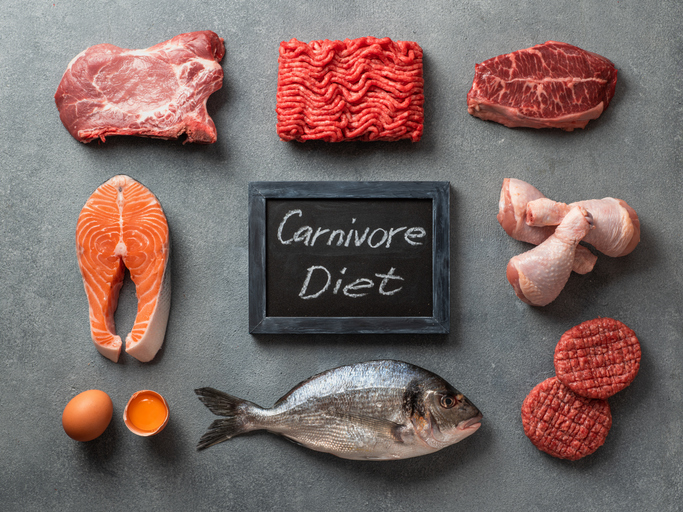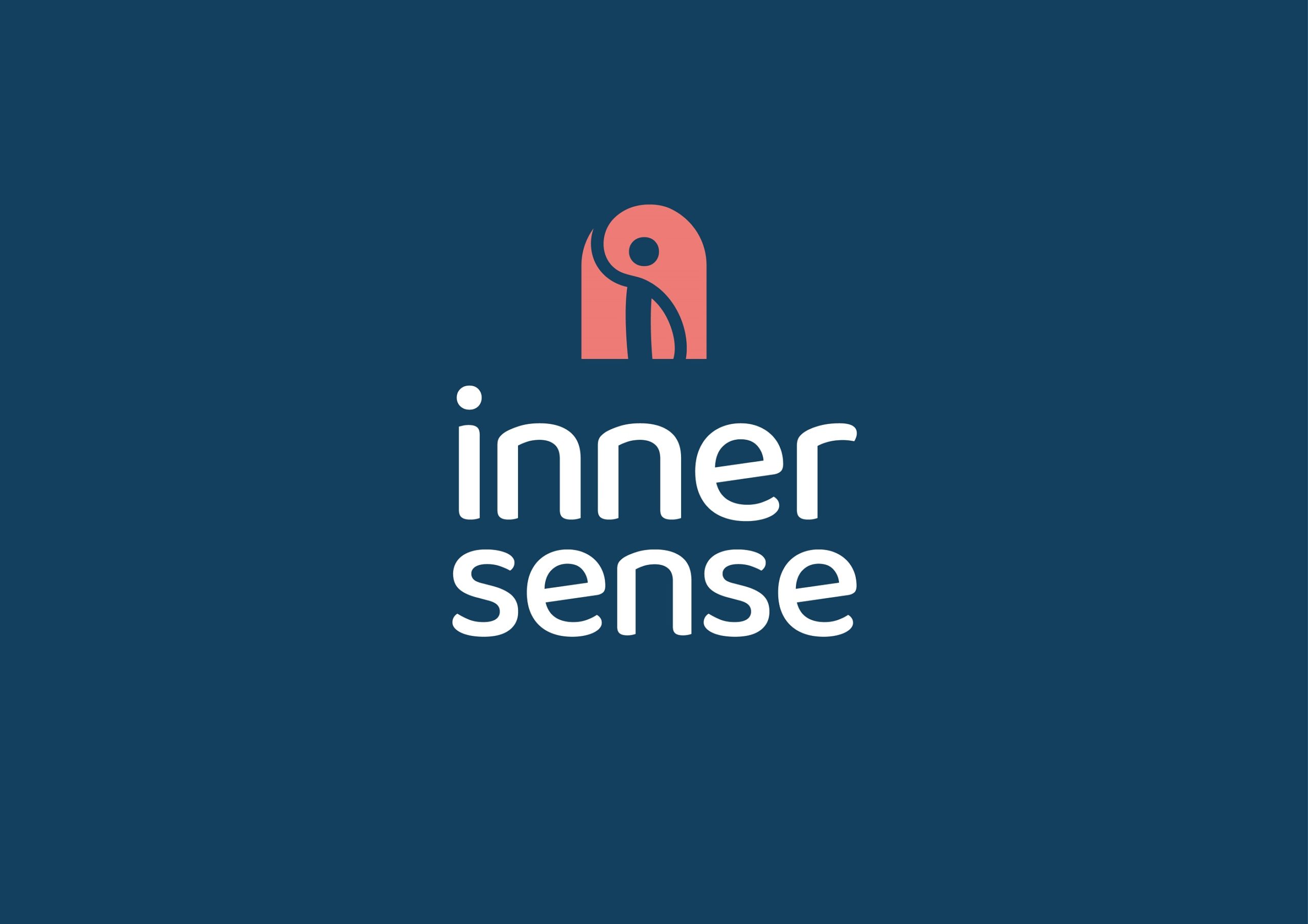Meat-lovers converting to veganism; spinach-lovers becoming carnivorous – the pendulum is swinging far and wide in the meat vs veg debate. How do you decide what’s best to eat for optimal health?
Article Outline
- Interest in veganism and plant-based diets has risen sharply in 2019.
- Both meat- and plant-based foods can cause metabolic dysfunction and adverse immune reactions.
- People with specific health challenges or with common genetic variations may benefit from avoiding either animal-based foods or plant-based foods – depending on their unique profile.
- In the absence of major health challenges, a diet consisting of balanced quantities of vegetables and animal-based foods works well for most people.
- Health experts or companies can introduce polarisation around the features of specific food groups in order to help them stand apart in a crowded field.
In January 2019, a record-breaking quarter of a million people from around the world took part in a month-long pledge to eat only plant-based foods.
The yearly pledge, launched in 2014, is promoted by a UK-registered charity called Veganuary to encourage people to try a vegan diet for January and beyond. [i] According to the Veganuary website:
“For the first time ever, health became the major driver for people taking part (46%), with animals (34%) and then the environment (12%) cited as reasons for people wanting to eschew animal products for the month.”
veganuary.com
The food industry has responded quickly to the growing interest in plant-based eating. Hordes of new luxury vegan products were launched during the early part of 2019. Several supermarkets have created their own brand of plant-based meals and sections of shopping aisles have been dedicated to animal-free food. [ii]
A driver of change
During this time, I have been surprised to see several of my friends whom I considered meat fanatics suddenly declare themselves vegan!
Most of them have made the decision after watching emotionally-charged documentaries that contain graphic footage of livestock being raised in appalling conditions. The documentaries have done a great job in explaining the negative impact that industrial agriculture has on the environment. They often include testimonials from vegan-friendly medics and scientists, who present very convincing arguments that plant-based living is best for health and longevity.
There’s no doubt that increasing awareness amongst consumers of how our food if produced is a good thing. However, I do believe we also have to be aware of polarised views that tell only one side of a story.
The pro-vegan argument
In my book, Restoring Balance , I demystify misconceptions about several common diets.
In my view, there’s no such thing as perfect food or a perfect diet. A vegan or plant-based diet is no exception to this. If you read to the end of this article, I will explain what I mean by this.
For the time being, let’s acknowledge that there is a vast amount of evidence in support of a vegan or mainly plant-based diet. One of the most convincing arguments in support of this way of eating comes from the ‘Blue Zones’ research.[i] These, studies look at places in the world where people live the longest and are the healthiest.
The longest living people in the Blue Zones eat a wide variety of seasonal vegetables, including leafy greens, seasonal fruits and vegetables, whole grains – and beans all year long. Most of them are 95-100% vegan.
From this type of research it would be easy to conclude that eating a wholly or mainly plant-based diet is a good idea for everyone who wants to live to a ripe old age.
The pendulum swings
We also have scientific findings that have raised awareness of the environmental and welfare impacts of the meat industry, tempting us away from meat and towards plants. The first six months of 2019 looked like the beginning of a universal conversion to plant-based living.
That is, until something new started rumbling in the health and fitness arena: the carnivores began speaking up! Now, I wonder how long it will be until the pendulum starts swinging in their direction?
Rise of the carnivores
Jordan Peterson is a professor of psychology at the University of Toronto, who became famous on social media for criticising political correctness.[i] In addition to his commentaries on society and politics, he recently broadcast his experiences of adopting what has been termed the ‘carnivore diet’ – a diet that he claims has radically improved his mental health.
Peterson has suffered lifelong depression. He began experimenting with the carnivore diet after his daughter used it to treat a crippling autoimmune disorder that developed from juvenile rheumatoid arthritis. [ix] Mikhaila Peterson, had multiple joint replacements in her teens along with fatigue, depression and sleep problems.
Whilst using an elimination diet to figure out the effect of foods on her symptoms, she discovered how much better she felt when eating only beef and salt. Her story is compelling and, along with other similar examples from people in many disease states, casts doubt on the idea that veg is best for everyone. You can view a presentation from her below:
Below, I will discuss some of the reasons why certain people may benefit from avoiding plant-based foods.
Over the years, many medical professionals and health organisations have promoted diets that are high in animal products and low in some or all vegetable products.
One newcomer to this scene, who has caused a stir by championing the carnivore argument, is Dr Saladino. He is a functional medicine doctor specialising in psychiatric disorders. He cites numerous examples of how plant compounds can create too much ‘stress’ for the human body and argues for the nourishing effects of animal-based foods.
This is not too dissimilar to the principles promoted by an organisation I have followed with interest for many years, The Weston Price Foundation. [iii] This Foundation supports the consumption of animal-based foods and believes that strict veganism is detrimental to human health.
My take on the meat vs plants debate
Here’s my take on how to manoeuvre your way through the minefield of opinions on meat vs veg. For a moment, let’s consider just two broad ways that food can affect your health:
- Aggravating your immune system due to molecular ‘danger signals’ – Your immune system is constantly scanning for ‘facial features’ on the foods you eat. These are often referred to as ‘molecular patterns’. Immune cells use these patterns to tell if the food is safe and useful or a potential threat: does the food you eat have the face of a friend or a foe? Sometimes, partially digested foods make their way into the bloodstream and travel throughout the body. If they bear the ‘facial features’ of a threat, the immune system launches an attack in the same way that it would if exposed to harmful bacteria or viruses. If this goes on for a long time, chronic inflammation and ultimately diseases including autoimmunity can occur.
- Stimulating nutrient sensors for the benefit or detriment of health – Your body is controlled by systems that sense information about the state of your internal or external environment and respond by either turning-up or turning-down the rate of other processes – kind of like how thermostats control temperature in our homes. There are many nutrient sensors in your body that detect levels of basic building blocks in foods. Different sensors have different effects. It is believed that disease and ill health can occur when these nutrient sensors are overstimulated by eating too much of particular food groups, such as fat, sugar or protein.
The important thing to realise is that both vegetable and animal products can aggravate your immune system or overstimulate nutrient sensors. The reaction may be dependent on the unique profile of a person. Let’s look at specific examples of how each of these problems can arise from eating both veg and meat.
Aggravating your immune system due to molecular ‘danger signals’:
- Animal products causing inflammation and cancer – the cell surface of most mammals, but not humans, contain a molecular pattern called N-glycolylneuraminic acid (Neu5Gc). Neu5Gc gets incorporated into human cells after we eat meat and then the immune system makes antibodies specific for the molecular pattern. It has been proposed that regular consumption of meat leads to chronic inflammation and a greater chance of cancer. Evidence to back this up includes the observation of higher amounts of Neu5Gc in cancerous tissues. Also, antibodies to Neu5Gc are found at higher concentration in patients with cancer. [iv] [v]
- Plant foods causing inflammation and crippling disorders – gliadin is a component of gluten found in wheat and other cereals. In the same way as described for meat, above, the human immune system can create antibodies specific to gliadin. It is well-known that the chronic intestinal disorder, celiac disease, occurs when the body becomes intolerant to gliadin. It has also been suggested that inflammation of the nervous system as a result of reactions to gliadin could be an underlying cause is several mental health conditions including schizophrenia. [vi]
Stimulating nutrient sensors
- Too much animal protein? – the mammalian (or mechanistic) target of rapamycin, or mTOR for short, is a molecule that senses the amount of amino acids or proteins we eat, and instructs the body to grow in response. However, if it is over-stimulated, mTOR, creates too much cell growth and tumour development. [vii]
- Too many carbs from plant-based foods causing diabetes – insulin is probably the most well-known nutrient sensor for its role in blood sugar regulation. One potential cause for the worldwide epidemic of Type-2 diabetes is an increased consumption of refined carbohydrates from plant-based foods. Overstimulating the body with refined carbohydrates such as white sugar or corn syrup leads to insulin resistance. This is the starting point for Type-2 diabetes and all of the associated health challenges linked to it. [viii]
So, we can see that if we eat too much sugar or ‘alarming’ molecular patterns from plant sources, we could end up with diabetes or inflammatory conditions. Conversely, if we eat too much protein from animal sources we can also run the risk of developing cancer and other inflammatory conditions.
What’s right for you?
In the same way that opinions on subjects become polarised, such as in politics, views emerge in the diet and fitness industry that end up driving groups of people apart. Marketeers may take concepts about food which are not inherently polarising – such as ‘animal products can cause cancer’ or ‘plant-based foods can cause autoimmunity’ – and introduce polarisation in order to make themselves stand out in a crowded field.
I believe this is part of the reason why the pendulum swings so regularly from one direction to another in the debate on how healthy meat and vegetables are.
Hopefully in this article I have shown you that both plant- and animal-based foods can have adverse stimulatory effects on our immune system and the systems that sense nutrient levels.
To tie things up, I’ll share the two points I like to make clear when giving dietary advice: 1) What’s good for most people most of the time, and 2) what people who are struggling with their health must stay aware of.
- What’s good for the most people most of the time – the majority of experts in the arena of natural health agree on basic dietary principles that promise to help keep you healthy if you follow them. The message goes like this: eat real foods… and remember to stop! The longer version of this message might define ‘real foods’ as foods that are grown or raised without contamination by man-made chemicals or other toxic substances, and importantly, these foods should be minimally processed. The consensus is to eat a wide variety of real foods, especially vegetables. For people with an uncomplicated health profile, this works perfectly well.
- What people who are struggling with their health must stay aware of – it goes without saying that you wouldn’t feed prawns to someone with a severe shellfish allergy. The link between specific foods and chronic illnesses may not be as obvious as a severe food allergy, however, it is useful to know that many foods can have hidden and drastic impacts on health. For people who are struggling with chronic health challenges an ‘elimination diet’ is an ideal way forward to determine if they would benefit from avoiding major food groups either temporarily until their symptoms disappear or for longer periods.
You can find out more about using specific diets for specific health challenges here
I’d like to finish with a few supportive words aimed at being kind to yourself amidst the frenzy of food advice that you are bombarded with every day – because, deciding what to eat can become quite stressful when presented with conflicting views about what’s right and what’s wrong.
Being able to let go of unnecessary anxieties around eating ‘bad’ foods can be difficult for many people – but remember: no food is entirely perfect. Try to avoid torturing yourself mentally and emotionally by holding on to the guilt of past choices around food.
You can take control and make compromises about the best food choices available to you, trusting your body’s amazing ability to regenerate and recover after it has eliminated harmful substances that have been consumed. Look to the future and know you can take positive action.
Recommended background reading
Chapter 8 of Restoring Balance is titled ‘Feasting and Fasting’. It helps you to weave your way through the emotionally charged subject of diets and come to your own decisions about what to eat. These are the main topics covered in the book:
- Eating vs not eating – new research backs up age-old fasting traditions.
- Processed foods – and how your brain responds to them.
- Cooking food – is it harmful or helpful?
- Calories, building blocks and catalysts – what qualities are we gaining from food?
- What to eat – bring awareness to your choices at home and on the go.
- Sources of food – how it’s grown, reared or harvested.
References
[i] https://www.jordanbpeterson.com/
[ii] https://www.livekindly.co/tesco-dedicated-vegan-food-aisles/
[iii] https://www.westonaprice.org/
[iv] https://erj.ersjournals.com/content/46/suppl_59/PA533
[v] https://www.ncbi.nlm.nih.gov/pmc/articles/PMC4299224/
[vi] https://www.ncbi.nlm.nih.gov/pubmed/25311778
[vii] https://www.ncbi.nlm.nih.gov/pmc/articles/PMC6387042/
[viii] https://www.ncbi.nlm.nih.gov/pubmed/15113714
[i] https://www.retail-insight-network.com/comment/veganuary-2019/
[i] https://www.bluezones.com/recipes/food-guidelines/



